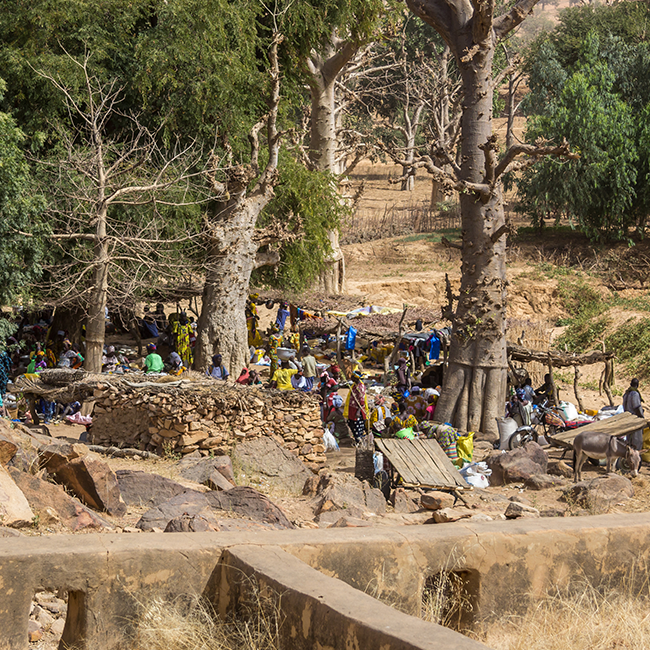Mid-Term Review of the Addressing Root Causes programme
The Netherlands’ Ministry of Foreign Affairs (MFA) has implemented the Addressing Root Causes of Conflict (ARC) programme since 2017 and it will run up to 2022. The programme funds 21 projects in 12 countries (Afghanistan, Burundi, Democratic Republic of Congo, Ethiopia, Jordan, Lebanon, Mali, Pakistan, Somalia, South Sudan, Sudan and Syria), through 60 international and local organisations, with a total budget of EUR 126 million. In these countries, ARC-funded projects contribute to 1) Human Security; 2) Rule of Law; 3) Peace processes and Political Governance; and 4) Social and Economic Reconstruction.
For the past decade, addressing root causes of conflict and irregular migration through “bottom up” civil society engagement in fragile states has been a priority for the MFA. The ARC programme is the latest centrally-managed tender programme that the MFA’s department for Stabilisation and Humanitarian Aid (DSH) has launched to this effect.
Outline of the MTR
This Mid-Term Review (MTR), undertaken by Ecorys, assessed the extent to which the ARC programme is on the right track to achieve its intended objectives. The MTR focused on the relevance, coherence and efficiency of the ARC programme in its current design with the objective to providing the MFA with substantive insights and evidence-based recommendations on both short-term adjustment to the ARC design and the design of the ARC “successor” programme. Desk research and interviews were conducted for all 12 countries, with fieldwork (case studies) in three countries (Afghanistan, Mali and Jordan).
Findings from the MTR
The MTR found that while the ARC programme has overall improved coherence in relation to similar previous centrally-managed tender programmes, alignment and coordination with similar projects implemented in the local contexts was still insufficient. With regards to relevance, the MTR found that while individual ARC projects were overall well designed to respond to the needs identified at the local level of end-beneficiary communities, the programme’s responsiveness to institutional needs and policy priorities tended to favour upward accountability. With regards to efficiency, the MTR found that the current results framework and associated monitoring and reporting regimes are too ambitious and not context-specific enough to accurately capture and aggregate the programme’s progress and impact. When assessing “whether the ARC programme is on the right track”, the MTR found that ARC-funded activities are at most able to support or catalyse longer term processes that address root causes of conflict and irregular migration.
Recommendations from the MTR
The MTR recommends that reporting focus on capturing context-specific results at the regional
level in order to improve measurement of the programme’s progress and impact. Alignment with
country-level civil society frameworks, programmes, fora and mechanisms by consortia should be
enhanced to strengthen the programme’s internal and external coherence. And finally, the MFA
should strengthen the strategic use of centrally-managed programmes through close engagement
with embassies to decide on local funding opportunities and implementing partners.
For more information, please read the full report (pdf) or contact our consultant Valentijn Wortelboer.

29 December 2021
2 minute read
Services
Key Experts
Valentijn Wortelboer
Consultant



